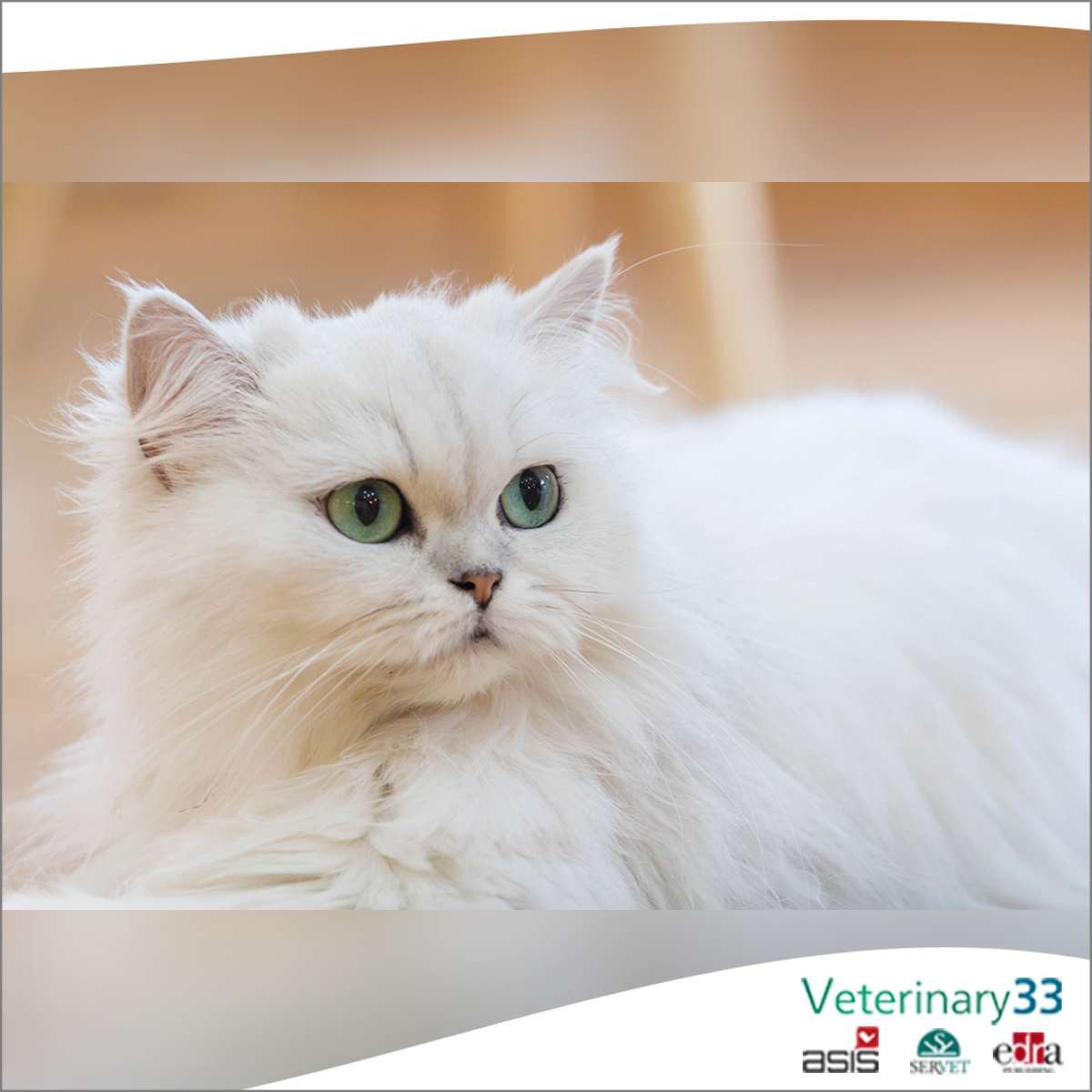Feline Polycystic Kidney Disease: An Update
To summarize the current knowledge about feline PKD
Polycystic kidney disease (PKD) is a disease that affects felines and other mammals, such as humans. The common name is autosomal dominant polycystic kidney disease (ADPKD) and causes a progressive development of fluid-filled cysts in the kidney and sometimes in other organs as the liver and pancreas. The formation and growth of cysts progress slowly, causing deterioration of kidney tissue and a gradual decrease in kidney function, leading to irreversible kidney failure. Feline PKD or ADPKD in humans are hereditary pathologies of autosomal dominant transmission. ADPKD is one of the genetic diseases with the highest prevalence in humans.
In cats, this disease also has a high prevalence, mainly in the Persian breed, being one of the most common feline genetic diseases. Imaging tests seem to be the most reliable method for diagnosis of the disease, although more genetic tests are being developed to detect the presence of the responsible mutation.
In this review, we summarize the current knowledge about feline PKD to guide future research related to an adequate diagnosis and early detection of causal mutations. It can allow the establishment of selection programs to reduce or eliminate this pathology in feline breeds.
“Feline Polycystic Kidney Disease: An Update” Lorie Schirrer, et al. Vet Sci. 2021 Nov 8;8(11):269. doi: 10.3390/vetsci8110269.









List
Add
Please enter a comment